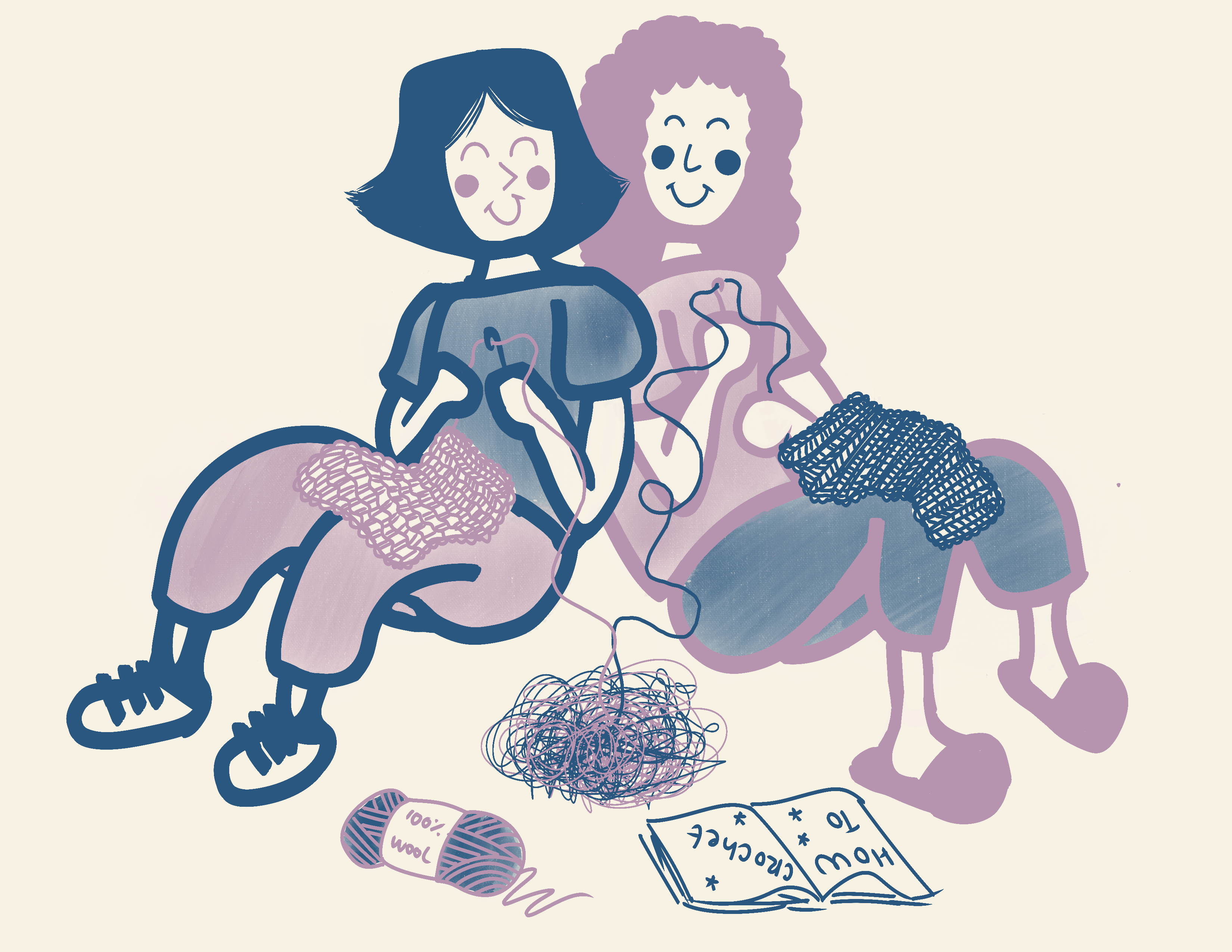Offered through the FutureBound program, the workshop encourages attendees to start anew and try new things.
While many students started their second week of classes on Jan. 22, a handful of students attended the “The value of being a beginner” workshop. The workshop was hosted by Concordia’s FutureBound program, a subset of the Student Success Center that focuses on preparing students for life after graduation, and aimed to “encourage [students] to explore how to be a beginner and get comfortable with the self-compassion and joy that arrives along the way,” according to their website.
After students trickled into the room and grabbed a name tag, event facilitator Niem Huynh, welcomed attendees by encouraging them to introduce themselves and share why they were attending the workshop.
Many students had different goals in attending the workshop. “I want a new perspective on being a beginner besides the anxiety of starting something new and knowing which direction to take or if I’m able to get to the end of the path,” first-year independent student Yasmina Shawki said.
Other students expressed being new to Concordia, wanting to improve their English, and finding the workshop title interesting.
Hyunh explained to the room the importance of a growth mindset when trying new things as it helps reduce anxiety and encourages setting reasonable goals. “Being a beginner is part of the process.”
Huynh asked students to track their progress on something they began doing over the past few years. Following her own example of cross-country skiing, attendees drew graphs to represent their progress in pursuing things such as languages, music, and coding. Together, the group analyzed each other’s graphs, pointing out that everyone had progressed at different paces.
“There are apples and oranges, lychees and dragon fruits. They’re all good, but they’re different,” Hyunh said.
She then linked this to being a student. “Whether in your personal life, in your social life, or in your professional life, it’s about being. You’re constantly learning and constantly doing.”
After attendees examined aspects of their own lives where they are beginners, Hyunh touched on risks that come with expertise, such as how confidence can lead to error. “When people are beginners, they bring a fresh viewpoint,” she said, before elaborating on the creativity that many beginners have when trying something new.
Attendees were later invited to teach a skill to the rest of the group. One student offered to teach the Cornell method of studying and another offered to teach the lowercase cursive alphabet. First year computer science student Yu Par Aung offered to teach words in Burmese, her native language. “I was a bit nervous at first, but everyone was so supportive,” Aung said. “Teaching Burmese to everyone was a rewarding experience. The workshop inspired me to try something new, so I took on the challenge!”
Aung was grateful for the opportunity to share her language and for what she learned. “Learning that it’s never too late to begin and that the journey itself holds significant value was inspiring,” she said.
FutureBound is run through the Student Success Center and aims to encourage skill development in undergraduate students to prepare them for the professional world. They run workshops that focus on areas such as career development, communication and digital capabilities, innovation and entrepreneurship, leadership and connection, growth and balance, and financial literacy, and offer certificates to students who complete a certain amount of modules in each section that are eligible to be added to their co-curricular record.
